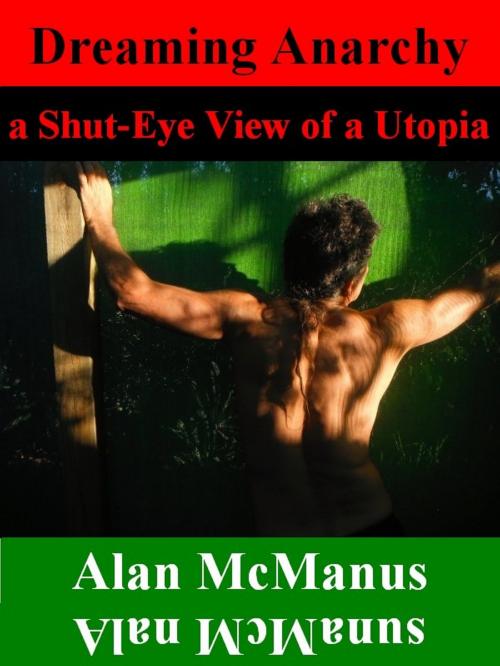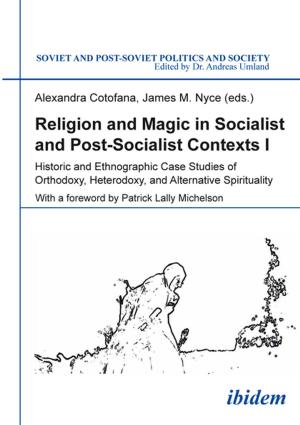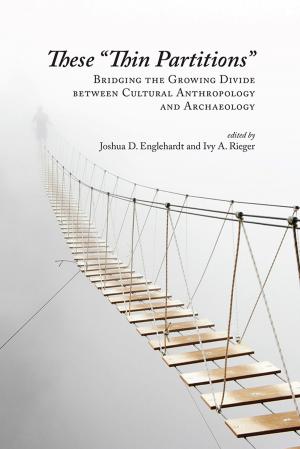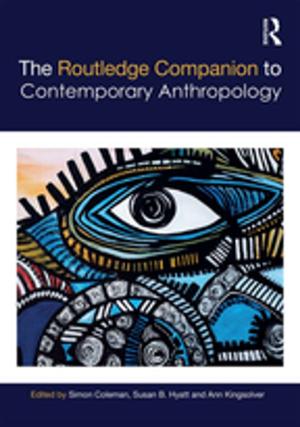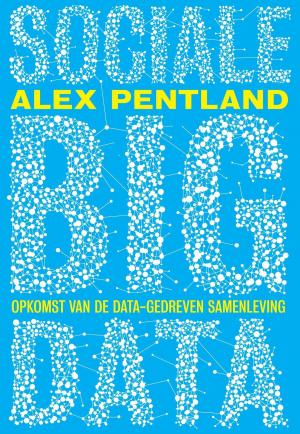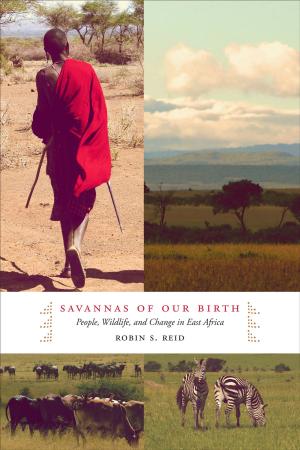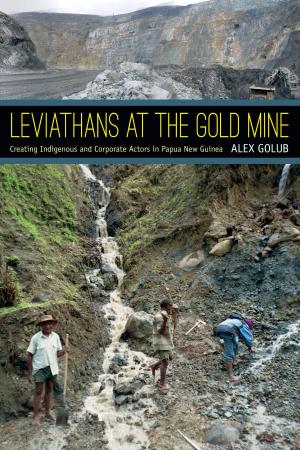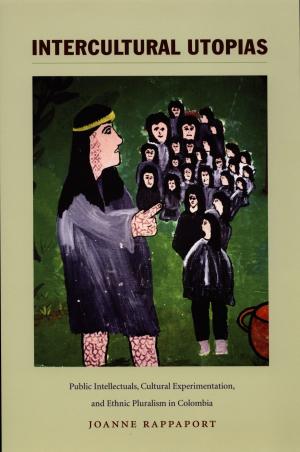Dreaming Anarchy: a Shut-Eye View of a Utopia
Nonfiction, Social & Cultural Studies, Social Science, Methodology, Anthropology| Author: | Alan McManus | ISBN: | 9781311322401 |
| Publisher: | Alan McManus | Publication: | June 16, 2015 |
| Imprint: | Smashwords Edition | Language: | English |
| Author: | Alan McManus |
| ISBN: | 9781311322401 |
| Publisher: | Alan McManus |
| Publication: | June 16, 2015 |
| Imprint: | Smashwords Edition |
| Language: | English |
"Dreaming Anarchy" describes my fieldwork and theoretical reflection in the autumn of 2001 on a back-to-nature community occupying a Pyrenean village in Spanish Territory. The self-conscious methodology I adopted was to record and analyse my own dreams while in the community, using "The Interpretation of Dreams" as a toolbox. I hoped to observe not only the transition from English (and Scots) to Spanish (and Basque) but also the Gestalt of resistance and attraction to my self-definition as a member of the community. Using Freud’s theory of everyday events stimulating appearances in dreams, my dream analysis necessarily includes substantial ethnographic material of a more traditional kind. Thus my ethnographic work, while not pretending to objectivity, highlights the selection of data and hypotheses which “objective” studies do not. My data is my dreams, a fitting form with which to study a utopia.
Today, when the very ability to learn is so challenged by relentless social distraction and an educational focus solely on grades, my innovative methodology of mnemonic excellence, using dreams as sticky webs of meaning, may be of timely help.
My hope is that people will be inspired by these reflections on a community where everyone worked, everyone was provided for and money hardly existed, where learning and teaching were as natural as the organic food and where global empathy inspired action that was truly local, and political ideology relationships that were truly personal. We, as I came to dream us, did not wait for a revolution in order to turn to each other, to turn back to the land, to turn our hands to tasks communal and individual with skills old and newly-learned. In doing so, our anger at the destruction of our communities and our planet, by the impersonal evil of disaster capitalism, informed our way of life but it was not our overriding motivation. Instead we were inspired by a trinity of values that have defined anarchy more truly than any nihilistic destruction: mutual aid, spontaneity and love. These values are freely available to all and all are welcome to build communities based on them. We can remember how to build sustainable communities; if we can’t remember, we can invent; and if we don’t know how, we can dream ourselves into action.
Alan McManus, M.Theol.(hons), M.Phil, PGDE, M.Litt., Ph.D., is a freelance academic, novelist, playwright and dramaturg. His doctoral thesis, Alchemy at the Chalkface: Pirsig, Pedagogy and the Metaphysics of Quality, is on the work of the creative and contrarian American Philosopher, Dr Robert M. Pirsig. Only Say The Word: Affirming Gay and Lesbian Love, published by Christian Alternative in 2013, is the first in a planned series of considerations of the ethical implications of his reading of pirsigian metaphysics (ontology) and is followed by Life Choice: the Ethics and Ideologies of Abortion. He has also published articles on political philosophy and WW1 remembrance in the online journal, Citizenship, Social and Economics Education. He has published two novellas and one novel of his Bruno Benedetti Mysteries, a series of inclusive stories set in Glasgow, with another forthcoming.
"Dreaming Anarchy" describes my fieldwork and theoretical reflection in the autumn of 2001 on a back-to-nature community occupying a Pyrenean village in Spanish Territory. The self-conscious methodology I adopted was to record and analyse my own dreams while in the community, using "The Interpretation of Dreams" as a toolbox. I hoped to observe not only the transition from English (and Scots) to Spanish (and Basque) but also the Gestalt of resistance and attraction to my self-definition as a member of the community. Using Freud’s theory of everyday events stimulating appearances in dreams, my dream analysis necessarily includes substantial ethnographic material of a more traditional kind. Thus my ethnographic work, while not pretending to objectivity, highlights the selection of data and hypotheses which “objective” studies do not. My data is my dreams, a fitting form with which to study a utopia.
Today, when the very ability to learn is so challenged by relentless social distraction and an educational focus solely on grades, my innovative methodology of mnemonic excellence, using dreams as sticky webs of meaning, may be of timely help.
My hope is that people will be inspired by these reflections on a community where everyone worked, everyone was provided for and money hardly existed, where learning and teaching were as natural as the organic food and where global empathy inspired action that was truly local, and political ideology relationships that were truly personal. We, as I came to dream us, did not wait for a revolution in order to turn to each other, to turn back to the land, to turn our hands to tasks communal and individual with skills old and newly-learned. In doing so, our anger at the destruction of our communities and our planet, by the impersonal evil of disaster capitalism, informed our way of life but it was not our overriding motivation. Instead we were inspired by a trinity of values that have defined anarchy more truly than any nihilistic destruction: mutual aid, spontaneity and love. These values are freely available to all and all are welcome to build communities based on them. We can remember how to build sustainable communities; if we can’t remember, we can invent; and if we don’t know how, we can dream ourselves into action.
Alan McManus, M.Theol.(hons), M.Phil, PGDE, M.Litt., Ph.D., is a freelance academic, novelist, playwright and dramaturg. His doctoral thesis, Alchemy at the Chalkface: Pirsig, Pedagogy and the Metaphysics of Quality, is on the work of the creative and contrarian American Philosopher, Dr Robert M. Pirsig. Only Say The Word: Affirming Gay and Lesbian Love, published by Christian Alternative in 2013, is the first in a planned series of considerations of the ethical implications of his reading of pirsigian metaphysics (ontology) and is followed by Life Choice: the Ethics and Ideologies of Abortion. He has also published articles on political philosophy and WW1 remembrance in the online journal, Citizenship, Social and Economics Education. He has published two novellas and one novel of his Bruno Benedetti Mysteries, a series of inclusive stories set in Glasgow, with another forthcoming.
